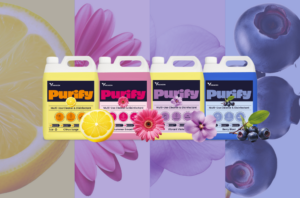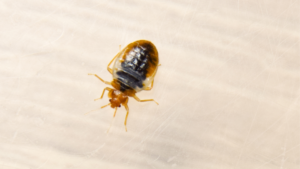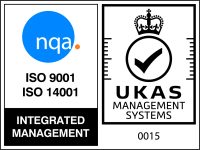Scents for Spaces: Different Ways to Deploy Fragrances
Far from being an added luxury, the use of scent and fragrance is increasingly seen as an integral step in the wider cleaning process. Scents and smells, of course, have a strong impact on the overall perception of a space and a seasoned cleaner will know exactly how to use them in order to create a positive and pleasant impact on an indoor environment.
The Point of Scent: Odour Control and Atmospheric Enhancement
Fragrancing a space, as Cleaning Maintenance & Management notes, is often included as the final step in an odour-control routine. In a commercial or industrial setting, scents can be used to temporarily mask unwelcome smells – especially in high-traffic areas like toilets and kitchens. In an already clean space, a subtle fragrance or scent is the aesthetic marker that, for many, physically signifies cleanliness and good hygiene. European Cleaning Journal observes that, in more recent years, the cleaning industry has reacted to increasing demand in both how fragrance is dispensed as well as to the sheer variety of scents sought after by customers. In some cases, a bespoke scent can even become part of an organisation’s brand identity. When it comes to fragrance, there is power in perception.
On a practical level, this means that while air fresheners are widely used in scenting rooms and spaces, savvy cleaners and facilities teams – especially those in the hospitality industry – may also pay attention to the use of scent in more subtle ways. For example, they may be especially selective in their choice of scented detergents for linens or, as ISSA explains, of fragranced handwashes to create an even more nuanced experience.
Choosing a Carefully Considered Fragrance
The world of scent is a wide one, but Cleaning Maintenance & Management suggests that cleaners should always opt for a subtle, well-considered fragrance, especially in an office setting. Subtle floral and citrus notes are ideal in these atmospheres, but for a more sensory experience, Clean Hygiene Today observes that scents like rosemary, lavender, peppermint and cinnamon can all have a positive impact on staff performance. Scent preference, of course, is highly personal, but European Cleaning Journal highlights the fact that, broadly speaking, certain fragrance families are preferred in particular geographies. For example, stronger, sweet notes are popular in the Middle East while floral scents are favoured in Europe.
In addition to the fragrance itself, a cleaner should also take the time to consider both the health of those using a particular space and any environmental concerns a client may have with regards to the use of scents. This is especially true when it comes to ensuring that a particular product is volatile organic compound or VOC-compliant, explains European Cleaning Journal.
Diffusion Methods
When it comes to dispensation, air fresheners – largely in response to the increasingly varied and sophisticated needs of customers – have moved well-beyond simple aerosol cans. Facilities teams and cleaning staff can now take their pick from among a wide array of diffusion methods. European Cleaning Journal makes mention of a comprehensive selection of these, including solid cartridges, diffusers, atomisers and more. However, broadly speaking, diffusion can be separated into two categories: powered and passive.
As CleanLink clarifies, the former use some kind of propellant – be it gas or a mechanical – to diffuse a fragrance. Diffusers, nebulisers and high-tech metered systems all fall into this category. Solid cartridges, however, are an example of a passive diffusion system. These rely on natural airflow to release scent. There are benefits to both systems, but on the whole, a powered system is suited for use in a larger space while a passive system is ideal for a smaller environment. When placing any kind of aerosol fragrancing system in an area, a cleaner should consider its traffic pattern and air flow as well as if residual aerosol droplets could pose a potential slip hazard.
No longer a superficial nicety or a functional means to combat bad odours, fragrance is now seen as an important part in the greater cleaning process. By understanding both a client and their space, a cleaner can add a subtle flourish through careful and considerate fragrancing.








